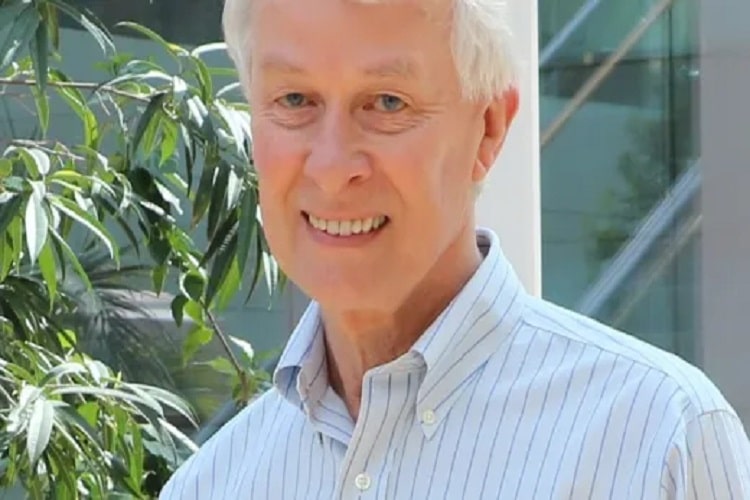Richard J. Roberts: Champion of RNA Splicing and Nobel Laureate

Richard J. Roberts is a British biochemist and molecular biologist. Richard J. Roberts was awarded the Nobel Prize in Physiology or Medicine in 1993.
Life and Career
Richard J. Roberts was born on 6 September 1943 in Derby, United Kingdom. Roberts pursued his higher education at the University of Sheffield, where he earned a Bachelor of Science degree in Chemistry in 1965. He later attended the University of Sheffield, where he completed his Ph.D. in Organic Chemistry in 1968.
After completing his doctoral studies, Roberts moved to the United States to further his scientific career. He joined Cold Spring Harbor Laboratory in New York in 1972. In 1977, while working at Cold Spring Harbor Laboratory, Roberts, along with Phillip Sharp, made a groundbreaking discovery.
They found that genes in eukaryotic organisms (organisms with complex cell structures) are not continuous but contain introns – non-coding regions of DNA that are interspersed with coding sequences (exons). This discovery revolutionized our understanding of gene structure and regulation. Roberts continued to be an influential figure in the field of molecular biology, contributing to research, mentorship, and scientific leadership.
Award and Legacy
Richard J. Roberts was awarded the Nobel Prize in Physiology or Medicine in 1993, which he shared with Phillip Sharp. They received this prestigious honor for their groundbreaking discovery of split genes and RNA splicing in eukaryotic organisms. Richard J. Roberts’ legacy in molecular biology is profound. His discovery of split genes and introns reshaped our understanding of genetic information and gene regulation. This breakthrough has had far-reaching implications in fields like genetics, biotechnology, and medicine. His work continues to inspire and guide researchers in their efforts to unravel the complexities of the genetic code.
In addition to his scientific contributions, Roberts has been an advocate for open-access publishing and transparency in scientific research, contributing to the broader scientific community’s ethos of sharing knowledge for the betterment of society.
Observer Voice is the one stop site for National, International news, Sports, Editor’s Choice, Art/culture contents, Quotes and much more. We also cover historical contents. Historical contents includes World History, Indian History, and what happened today. The website also covers Entertainment across the India and World.

